The Outlook for LegalTech in 2021
The adoption of legal technology was unprecedented in 2020 and is set to advance further during 2021. With working patterns facing continuing disruption from COVID-19, things are not going to return to “normal” any time soon, driving continued momentum in the adoption of LegalTech within law firms.
Generally, 2020 was a year for embracing the use of available software on the market rather than a year of innovation of new tools. In comparison, 2021 looks set to bring to the fore innovation in collaborative tools, AI technologies and improved developments in software.
One outcome of this shift to adopt tech is an emerging competitive edge for the law firms that are getting it right. This may be in faster and higher quality client service, or in productivity and margin improvements. Some firms are still grappling with video conferencing while others are succeeding with the latest tech, creating an advantage.
Some of the topics Waymark expects to be ‘hot’ in LegalTech this year include:
Transformation of practice
Technology, with the power to transform the way that the legal profession is being practiced, is looming during 2021. Not only does legal technology help legal experts to carry out their work, but it also assists the client and other users of legal products to be able to find the information they need and educate themselves. A client with some background knowledge approaching a legal expert can bring a lot to the table, along with a different viewpoint with which to handle certain legal issues.
Improvements in AI
The use of artificial intelligence in software tools enables legal professionals to process significant amounts of data with lightning speed when compared to how quickly they would be able to process the information on their own, manually. Some AI technology is still undergoing development and requires improvement, however within Waymark’s tools, the AI component helps data to be processed in the manner in which a human would do it without the need for input.
Legal professionals need to adapt and be able to use legal technology to improve their service offering and the way they do their jobs usually. One of the main objectives of AI in the legal field is that of being complimentary. It is by no means meant to replace legal experts, but rather to equip them with the tools – in effect, another right hand – to be able to carry out their work in ever more efficient ways, giving them back time to focus on their own practice of the law, and drawing on their own creativity for the more specialised tasks that require this.
Automation
Automation has been a trending topic for some years now, however in 2021, the legal profession is set to make use of this tool in a massive way. Competition, remote working, the inability to meet with clients face to face, and the lack of manual record keeping in firms due to social distancing and COVID-19 restrictions, has meant the almost-mandatory adoption of automation.
This is just another tool that has been – and indeed is set to become - even more of an everyday part of legal practice. Some firms are hesitant to progress from the traditional way in which they generate documents and handle their storage, but this only leads to falling behind while other firms take the lead, supporting their clients in much more efficient ways.
The use of automation in legal firms is helping legal professionals to adeptly automate the repetitive and mundane tasks that might take days but are now taking mere hours or minutes. The adaptation of automation serves firms and legal experts in myriad ways, not just as a time saver.
The overall outlook for LegalTech in 2021 is that of optimism and a landscape that is more flexible, malleable, and digital-focused than ever before. The industry has already come a long way during the “year of the pandemic”, and if the fact that new lawyers are being admitted to The Bar via virtual ceremonies is anything to go by, 2021 will see the industry moving along in leaps and bounds thanks to the adoption and use of innovative legal technologies.
To speak to us or subscribe to our newsletter please contact us here.
Or message us via the chat icon in the bottom right corner of your screen.

